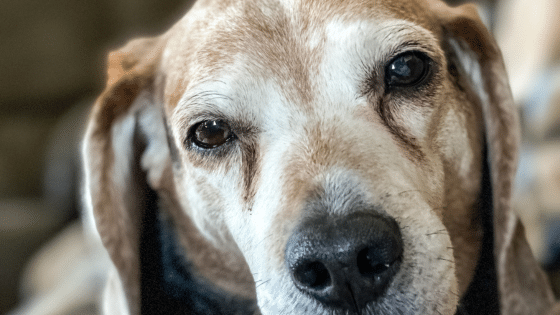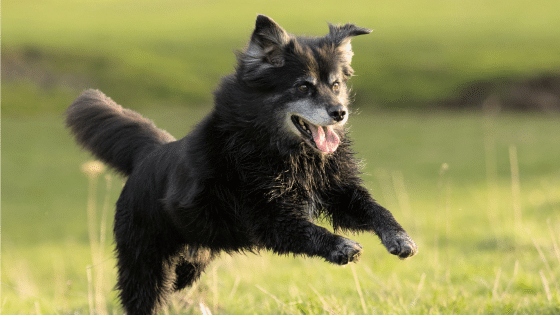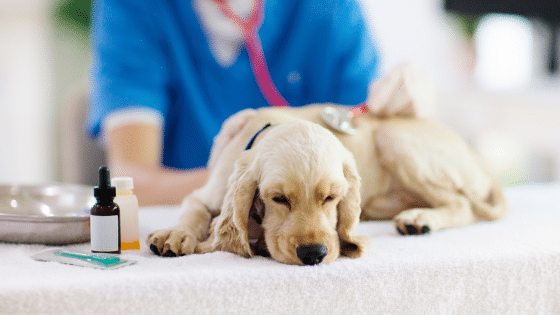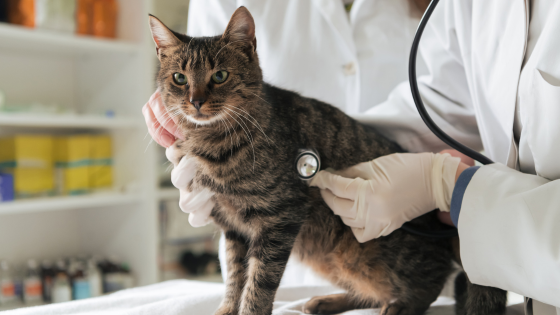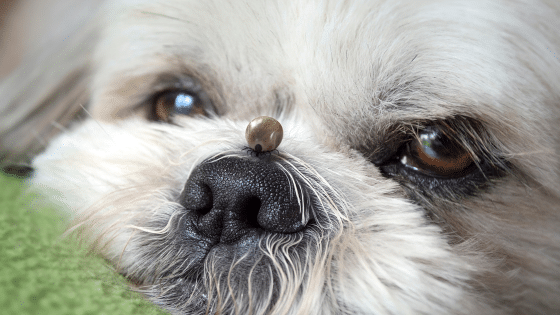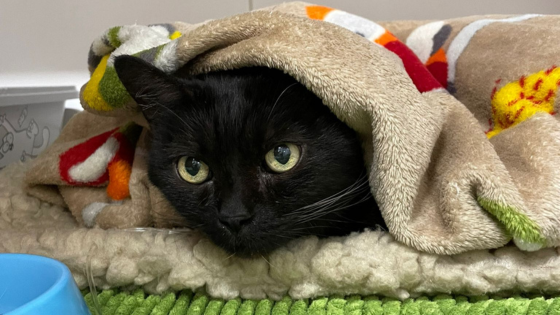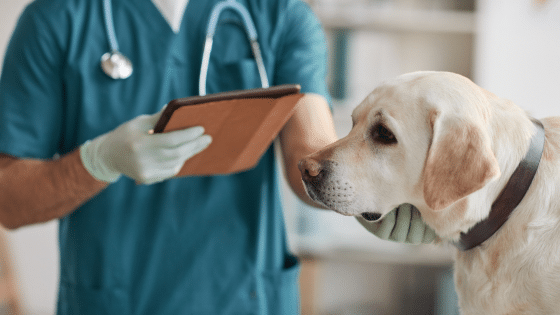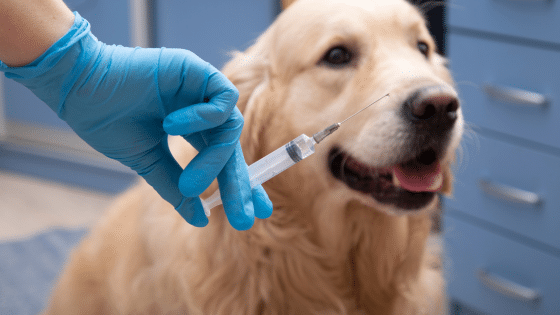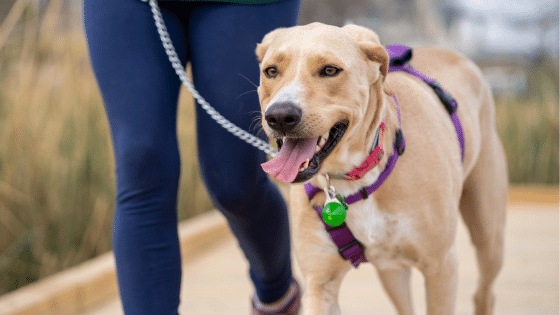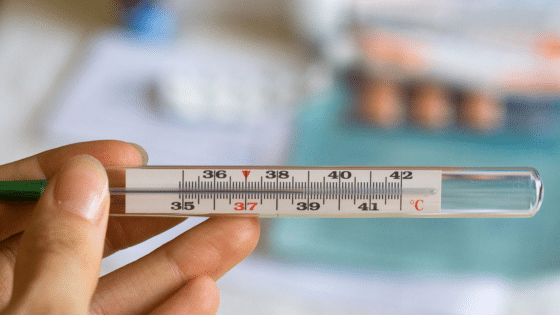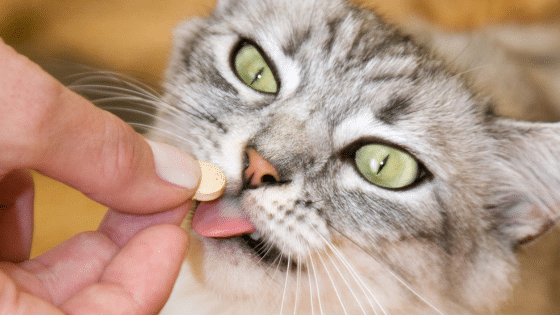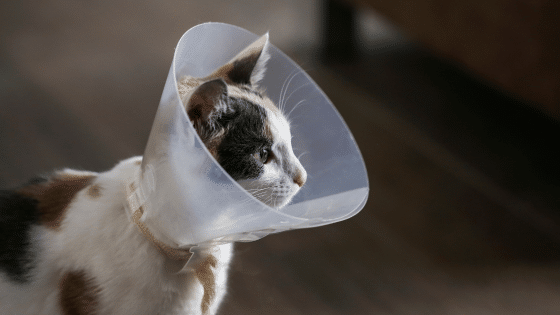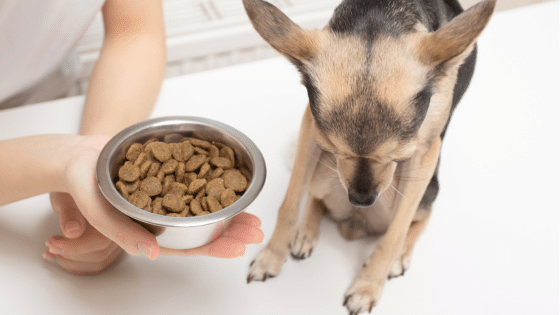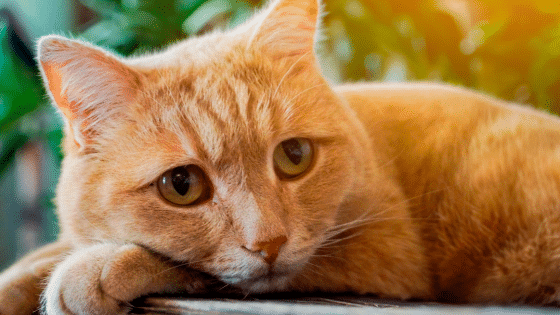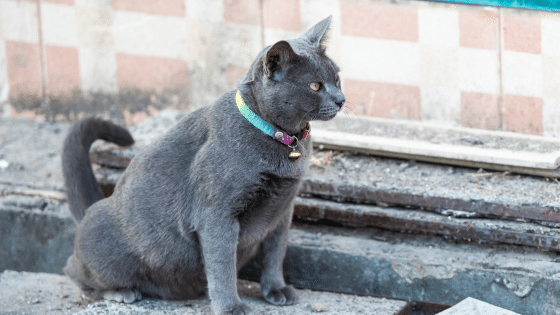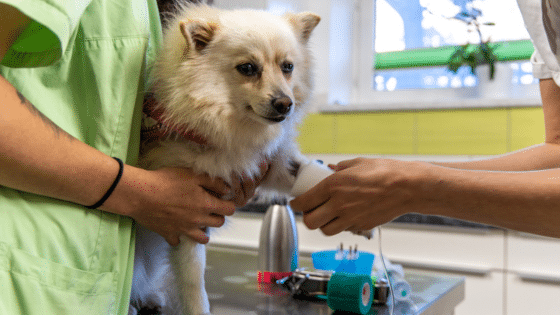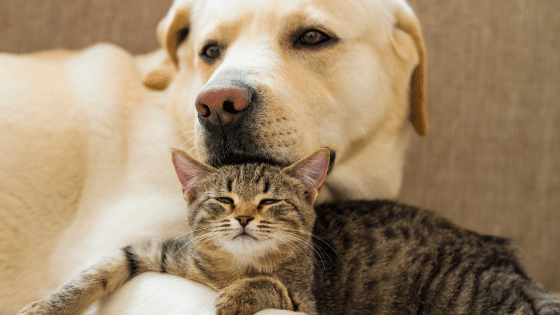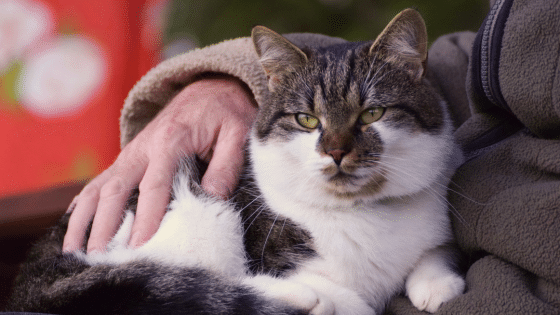How does a cat show pain?
Cats are true masters at hiding pain

This is the nature of the cat: in the wild, a sick or injured animal would quickly become a victim. This knowledge is so embedded in their psyche that a cat grits its teeth and does not whine.
Verhaltensveränderungen können auf Schmerzen oder Erkrankungen hinweisen
Du kennst deine Katze am besten und spielst eine wichtige Rolle in ihrem Gesundheitsteam, um Schmerzanzeichen schnellstmöglich zu erkennen. Katzen können Anzeichen von Unwohlsein und Krankheit verbergen, um sich vor Feinden zu schützen. Dieses Verhalten stammt von ihren wilden Vorfahren, die vermeiden mussten, von anderen Tieren als Beute erkannt zu werden.
Daher kann es schwierig sein festzustellen, ob deine Katze krank ist oder Schmerzen hat. Tierärzte sind darauf spezialisiert, diese subtilen Verhaltensweisen und körperlichen Veränderungen zu beurteilen.
Es ist wichtig, dass du das gewöhnliche Temperament und Verhalten deiner Katze gut kennst. Schon die geringste Abweichung könnte ein Indiz dafür sein, dass deine Katze krank ist oder Schmerzen hat. Da Katzen nonverbal kommunizieren und dir nicht mitteilen können, dass sie Schmerzen empfinden, ist es wichtig, dass du als Besitzer abnormalen Verhaltensweisen, die möglicherweise mit Schmerzen in Verbindung stehen, auf den Grund gehst.
Sollte bei deiner Katze eine der folgenden Veränderungen auftreten, zögere nicht uns zu kontaktieren:
Possible signs of disease in cats:
- SchlafrytmusIs your cat suddenly sleeping more than before?
- FressverhaltenIs your cat not eating or chewing funny?
- Dental HealthDoes your cat have bad breath or discolored teeth?
- HygieneIs your cat unclean and makes next to the litter box?
- AggressionIs your cat suddenly aggressive?
- TrinkverhaltenDoes your cat drink more water than before?
- MoveDoes your cat move less or stop playing?
- VerdauungDoes your cat vomit a lot?
- KörperpflegeIs your cat not cleaning himself properly anymore?
- JuckreizDoes your cat scratch constantly or groom excessively?
- BehaviourDoes your cat meow more or hide a lot?
- GelenkeDoes your cat avoid elevated places it used to use?
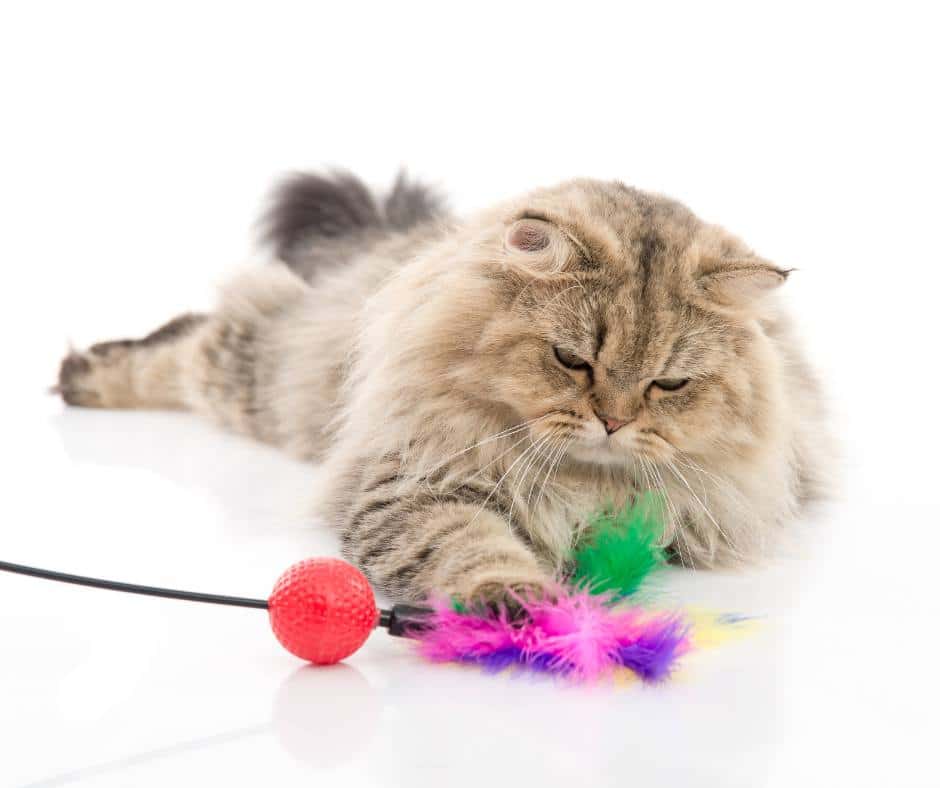
As a cat owner you should observe your cat daily and keep an eye on whether it eats well, goes to the toilet normally, shows no diarrhea or vomiting, moves normally and maintains its coat.
Pain categories
Acute pain
Such pain can occur when your cat is injured and its body becomes inflamed and heals. Acute pain can last up to 3 months. Causes can include injury, trauma, surgery, and acute medical conditions and diseases. Acute pain usually occurs suddenly and usually goes away quickly.
Chronic pain
Pain is considered chronic when it extends beyond the usual healing time or in conditions where a cure is not possible. Degenerative joint disease, also known as osteoarthritis, is a very common, chronic and painful condition in cats. It is known that up to 92% of all cats have symptoms of this disease. Osteoarthritis is one of the most serious and least recognized diseases of the old cat.
Treatment of pain of the cat
We will work with you to create an individualized treatment plan for your cat's pain. This plan may include the following measures:
Medicines and alternative remedies
Physiotherapy
Chiropractic
Environmental changes such as the use of special bedding or ramps, etc.
We are committed to working with you to develop the best possible strategy to ensure your cat receives loving care and recovers optimally from illness, injury or surgery, and a good quality of life is achieved.
Monitoring of the pain patient
Bei chronisch schmerzhaften Zuständen ist eine kontinuierliche Behandlung erforderlich, bei akuten Zuständen wir die Therapie bis zum Abklingen der Schmerzen fortgeführt. Wenn Schmerzen oder Erkrankungen nicht erkannt oder behandelt werden, können sich möglicherweise ungünstige Folgen ergeben.
Please remember: cats do not act maliciously on purpose, and any change in behavior can be a sign of pain or other health issues. Being able to recognize and treat your cat's pain can be as life-saving as any veterinary treatment.
Hast du weitere Fragen? Wir sind gerne für dich da!
Wir freuen uns auch jederzeit über einen Besuch!
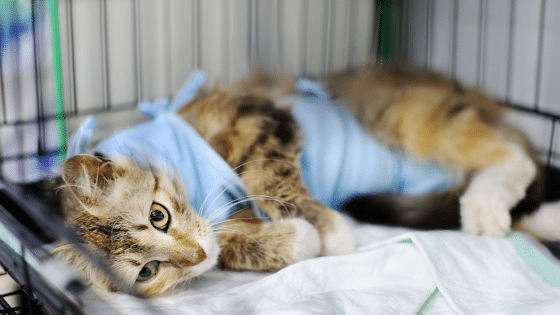
Chronische Nierenerkrankungen der Katze: Ursachen, Symptome und Management
Hier noch mehr Infos zum Thema
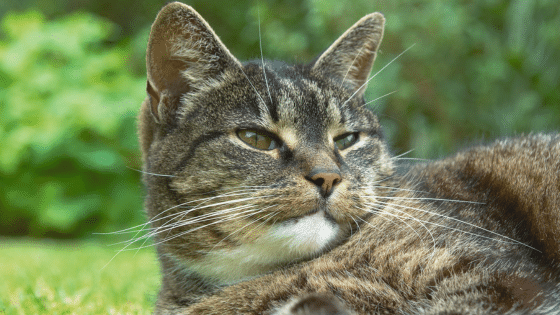
Schilddrüsenüberfunktion der Katze: Wissensertes für Katzenhalter
Hier noch mehr Infos zum Thema
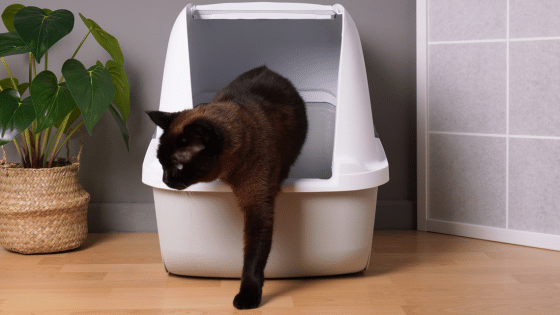
Unsauberkeit bei Katzen: Tipps für Katzenhalter
Hier noch mehr Infos zum Thema
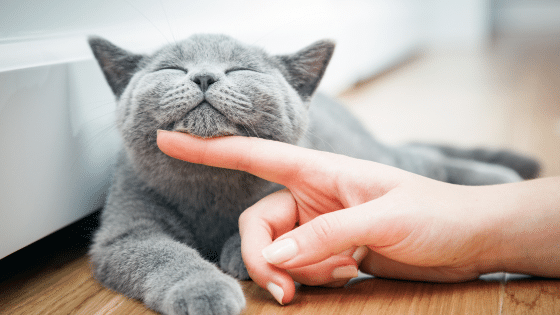
Diabetes mellitus bei Katzen: Anzeichen, Symtpome und Tipps
Hier noch mehr Infos zum Thema



